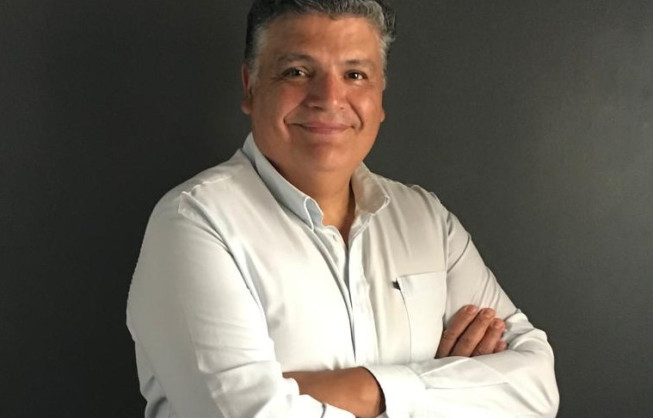How Argentina's mining industry benefits from the new investment regime
Argentina's mining industry stands to benefit from investment incentive regime Rigi that is part of the framework law, which was promulgated this week.
Rigi applies to projects over US$200 million and requires that 20% of the investment must go to local suppliers. Mining companies would be motivated by benefits such as the reduction of the corporate tax rate from 35% to 25%, the exemption of import and export duties that would lower operating costs, and greater access to the foreign exchange market, enabling loan repayment, interest and dividend payments.
This way, the mining industry could become a key source for projects, according to a report by IERAL, an NGO focused on economic problems.
BNamericas speaks with Mario Juárez, a coordinator at the environmental evaluation committee of San Juan province's mining ministry.
Juárez is also director and chief mining consultant at TerraOmnia and has worked for companies such as Newmont, Xstrata Copper and Exar. He advised on projects such as Josemaría, Los Azules, Veladero and Manantial Espejo.
BNamericas: Will Rigi encourage mining investments in Argentina?
Juárez: Yes, because it solves the uncertainty that existed before with the guarantees offered under the mining investment law, which were not complied with.
Rigi will decisively support companies with large capital so that they develop and advance their projects in Argentina, whether copper, gold or lithium.
BNamericas: What effect will the increase in mining royalties from 3% to 5% – optional for provincial governments – have?
Juárez: It will bring competitiveness to the districts, since mining royalties are the property of the provinces. Rigi offers a royalty reference framework, the matter of which is constantly analyzed by different sectors of the industry, such as chambers or the college of mining engineers.
In San Juan, continuity has been assured, starting in the minimum ranges, around 3%, something that I also believe will happen in other districts, since it is related to an ability to compete well for the development of the country. The new range will allow the competitiveness among mining districts to be differentiated in the search for capital, which is good.
BNamericas: One criticism is that Rigi does not ensure protection of the environment or water sources in relation to extractive activity.
Juárez: These are uninformed comments because Argentina has a legal framework for the environment, although it must be improved in cases such as the laws for mine closures that are not being complied with in all districts. That is a topic that deserves more attention.
But right now more diligence is required in the delivery of environmental impact studies in mining, and it is no longer possible to move a line in the design of a mine without thinking about socio-environmental aspects, nor can water management that causes pollution be carried out.
Today, reports by mining companies are much stronger in all stages of the project, especially in San Juan, where they are evaluated with the rigor of a multidisciplinary team and with participants from civil society to ensure a responsible trajectory.
BNamericas: Another criticism is that Rigi ignores investments of less than US$200mn, which are usually recurring in brownfield mining initiatives.
Juárez: Tools, or bills, are being developed that will alleviate this situation. A few days ago, the chief of staff mentioned that measures for small and medium-sized companies that are not being favored by the government will be created, and not only for mining but also for metalworking, energy companies, and others.
But, to begin, speed is required for large investments to improve economic activity.
BNamericas: Is it realistic to expect that copper projects such as Josemaría, Taca Taca or Los Azules will start production before 2030?
Juárez: Definitely. We have at least five world-class projects in advanced exploration status or with engineering studies. If macroeconomic conditions improve, if exchange rate restrictions improve, these projects can continue to advance.
In San Juan is El Pachón, a project with a large amount of resources and a mineral that is practically pure copper.
There are also Josemaría, Filo del Sol and Lunahuasi, which are also world class and are advancing. In Salta, Taca Taca is a fantastic resource project.
Several have been affected by weak global economic cycles, but are now being reactivated due to the strong demand for electromobility, where more copper is required, and issues such as energy consumption are being resolved with technologies.
Therefore, we need the guarantees offered under Rigi to strengthen investments. There is provincial and national consensus on the contribution that mining can make to the gross domestic product.






نظر: